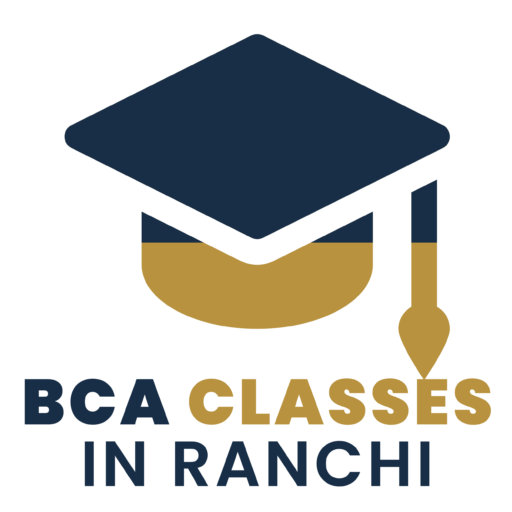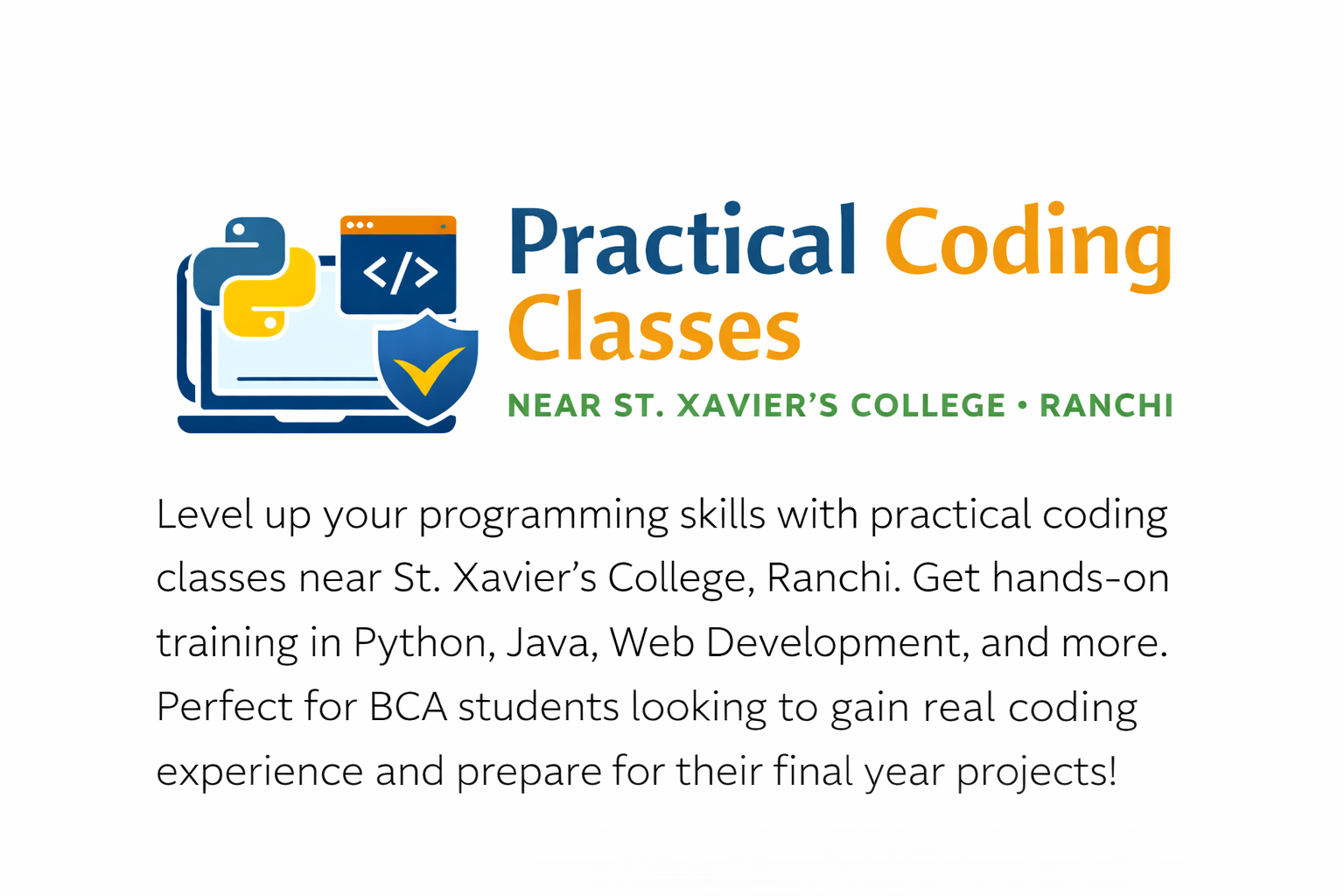Understanding BCA and BTech
The Bachelor of Computer Applications (BCA) and the Bachelor of Technology (BTech) are two prevalent undergraduate degrees in the field of computer science and technology. Each program offers a unique curriculum and focuses on different aspects of the computing world, catering to various interests and career aspirations.
The BCA is primarily focused on computer applications, emphasizing practical programming skills and software development. Typically spanning three years, the curriculum includes core subjects such as programming languages (e.g., C++, Java), database management systems, web technologies, software engineering, and computer networking. Students pursuing a BCA are trained to understand how to apply technological solutions to address real-world problems, ensuring they are equipped with hands-on experience in software design and development.
On the other hand, the BTech degree is an engineering-focused program that generally covers a broader spectrum of technology and engineering principles. Typically lasting four years, the BTech curriculum features core subjects such as computer science, data structures, algorithms, and system architecture, along with key engineering topics like electronics, communication systems, and mechanical engineering. Students in the BTech program are encouraged to develop analytical and critical thinking skills while engaging in more in-depth technical studies, making them suitable for a wide range of engineering roles.
Both BCA and BTech programs equip students with essential skills in technology. However, while BCA is inclined towards software application and development, BTech encompasses a broader scope, focusing on engineering applications of computing. Understanding the core differences between these two degrees is crucial for students as they assess their own career goals and the types of skills they wish to acquire, ultimately influencing their choice between these two established educational paths.
Career Opportunities After BCA and BTech
The choice between pursuing a Bachelor of Computer Applications (BCA) and a Bachelor of Technology (BTech) can significantly influence career trajectories due to the distinct skill sets fostered by each degree. Graduates from these programs find opportunities in various sectors, reflecting technological demands and market dynamics.
BCA graduates typically gravitate towards roles in software development, system administration, and web design. Positions such as software engineer, database administrator, and IT consultant are common. They may also engage in mobile application development, a field experiencing rapid growth. With the digital landscape continually evolving, BCA holders often transition into roles in digital marketing and data analysis, leveraging their technical skills to enhance business strategies. As for salary expectations, entry-level positions for BCA graduates typically range from $30,000 to $50,000 annually, with potential increases based on experience and expertise.
Conversely, BTech graduates generally step into more specialized technical roles within engineering or technology sectors. They are often sought after in areas such as information technology, telecommunications, and electronics. Common job titles for BTech graduates include software developer, network engineer, and systems analyst. The critical nature of these fields often translates into higher initial salary packages, sometimes starting from $50,000 to $80,000 per year, depending on the specialization and the employer.
Industry trends also play a vital role in shaping job availability for graduates of either degree. The IT sector is currently witnessing a surge in demand for professionals skilled in artificial intelligence, machine learning, and cybersecurity. BCA and BTech graduates who equip themselves with skills aligned to these trends are likely to find enhanced opportunities for career fulfillment and growth. Consequently, making an informed choice between BCA and BTech can significantly impact future career satisfaction and success.

Skills Required for Success in BCA and BTech
Choosing between BCA (Bachelor of Computer Applications) and BTech (Bachelor of Technology) involves assessing the requisite skills aligned with these degrees. Both programs prepare students for distinct career paths within the technology sector, yet they demand different skill sets. Aspiring BTech graduates should emphasize technical expertise, which is foundational in engineering disciplines. Proficient understanding of core engineering principles—from electrical and mechanical systems to software development—is crucial. Mastery of programming languages such as C++, Java, and Python, alongside a strong grasp of data structures and algorithms, forms the backbone of a successful BTech career.
Moreover, BTech students must hone their problem-solving skills and design thinking ability, as these attributes are essential in tackling complex engineering challenges. Familiarity with hardware and networking concepts often proves advantageous, enabling students to navigate projects that encompass both software and physical components. Additionally, an analytical mindset is vital in experimenting, refining designs, and exercising critical thinking abilities when developing new technologies.
Conversely, BCA graduates should focus on enhancing their analytical and programming skills. Their academic framework typically emphasizes software application development, web technologies, and database management, so competencies in languages such as HTML, CSS, and SQL are key. BCA students are encouraged to delve into data analysis and software maintenance, skills increasingly relevant with the rise of data-driven decision-making in various industries.
A further distinction lies in the emphasis on project management and teamwork for BCA degrees, preparing students for collaborative environments often encountered in corporate settings. In essence, while BTech students develop more hardware-oriented engineering capabilities, BCA students cultivate software-centric skills suitable for IT and application development sectors. This nuanced understanding of skill sets helps students align their educational pursuits with their career aspirations.
Deciding Factors: BCA vs. BTech
Choosing between a Bachelor of Computer Applications (BCA) and a Bachelor of Technology (BTech) is a pivotal decision that can significantly impact one’s career trajectory. Various factors should be considered to align one’s academic pursuits with personal aspirations and professional objectives.
First, it’s essential to analyze your educational background. BCA is often more suitable for students with a strong foundation in computer science and programming. In contrast, BTech typically attracts individuals who excel in mathematics and engineering principles. Therefore, students should assess their academic strengths and choose a path that resonates with their skills.
Next, consider your interests. If you are inclined towards computer applications, software development, or the business aspects of IT, a BCA may be a better fit. Alternatively, if you are fascinated by engineering principles and hardware aspects of technology, BTech could be the more appropriate choice. Reflecting on your interests in technology versus its applications can be crucial in making this decision.
Another significant factor to account for is your career objectives. BCA graduates often pursue careers in software development, IT management, and application programming. In contrast, BTech graduates typically have various opportunities in engineering roles, product development, and research positions. Understanding where you envision yourself in five to ten years can help clarify which degree aligns more closely with your ambitions.
Conclusion
Lastly, evaluating the job market conditions is also essential. Researching trends in both fields can provide insight into potential job opportunities and salary expectations. Speaking with professionals and gathering testimonials from graduates of both programs can also provide valuable perspectives on the realities of each career path. Their experiences can illuminate the advantages and challenges associated with BCA and BTech, enabling prospective students to make an informed choice.
A Complete Guide to BCA Course Structure and Syllabus
Phone Number: +91-7488456170
Email ID: abhishek@eepl.me
Our Platforms:
Digilearn Cloud
EEPL Test
Live Emancipation
Follow Us on Social Media:
Instagram – EEPL Classroom
Facebook – EEPL Classroom
Stay connected and keep learning with EEPL Classroom !









